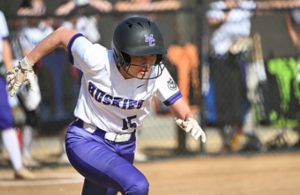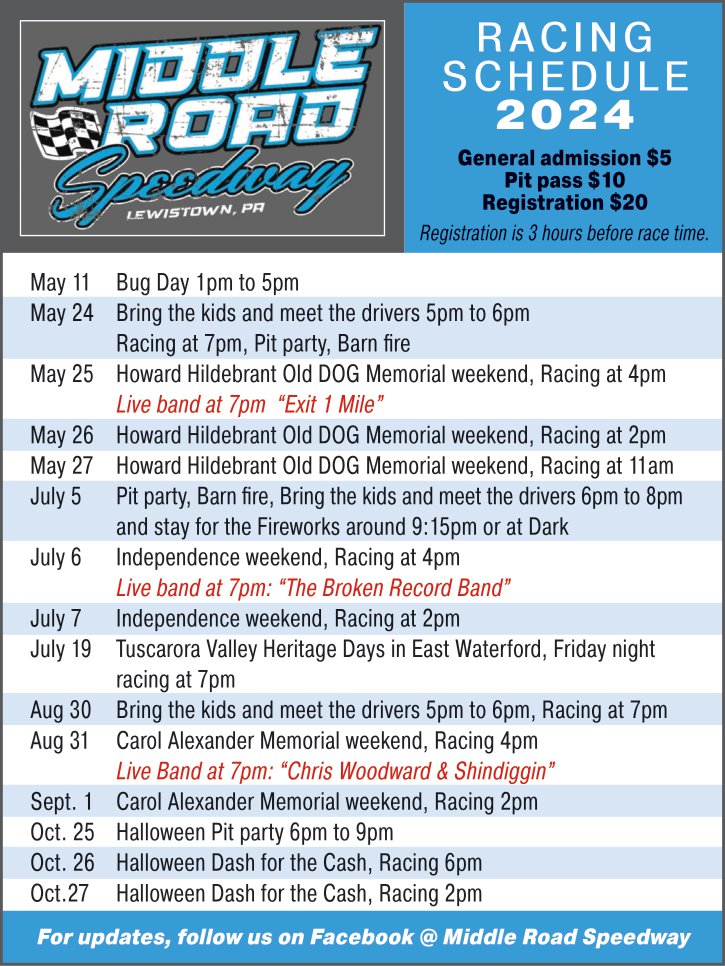Get in the game!!
TIPS FOR ASPIRING COLLEGE ATHLETES
According to the National Collegiate Athletic Association, nearly eight million teenagers play high school sports. If you are one of these high school students you’ve probably worked hard on your high school team. Hopefully, you have also worked hard in your academic classes. If your goal is to play a sport in college keep the following guidelines in mind:
1. There are three divisions of the National Collegiate Athletic Association.
NCAA Division I: In general, offers athletics scholarships, but many Division I schools do not fully fund all of their athletic programs. For a more detailed understanding of what this means, visit: http://informedathlete.com/athletic-scholarships-financial-aid-issues/
NCAA Division II: In general, offers scholarships, but most NCAA Division II schools do not fully fund their athletic programs. For a more detailed understanding of what this means, visit: http://informedathlete.com/athletic-scholarships-financial-aid-issues/
NCAA Division III: No athletic scholarships, but many may offer merit-based, need-based, or diversity-based scholarships or grants.
No matter the Division, early in the process, you should make contact with the financial aid offices at the schools that interest you. They can explain the types of financial aid packages they offer, which in some circumstances can be in addition to or “stacked” on top of any athletics aid you receive. You and your parents also need to be sure to complete the FAFSA (Free Application for Federal Student Assistance) in October of your senior year.
2. If you want to compete at the NCAA level, many times high school competition is not enough to gain ample exposure. Look to join select, premiere, AAU, travel, or club teams or programs in addition to your high school team. College coaches often attend large club/AAU events because there are more athletes to see in one place versus a select number at a high school gym or field where only one game is occurring.
3. If you intend to play NCAA DI or DII sports, you MUST register with the NCAA eligibility center at www.eligbility.org. I advise that you register in your sophomore year of high school. For more information on the NCAA eligibility center requirements, see the following link: http://www.ncaapublications.com/productdownloads/EB16.pdf
4. When you visit campuses, be sure and call or email the coaching staff well in advance, to see if he or she is available to meet with you. It will help if you include video content with your communication to the coaching staff. Remember, coaches get hundreds of emails and you can’t be sure they will want to see you. In addition, it is important that your high school and club or travel team coaches are advocates for you.
5. There are hundreds of NCAA rules that may prohibit coaches from seeing and/or initiating contact with you via phone or email depending on your year in high school. Know that many times the only way a coach can communicate with you is if you contact him or her. Furthermore, your parents are considered to be an extension of you, so coaches may not be able to initiate communication with them either. According to Alex Ricker-Gilbert, the athletic director at Jacksonville University, a DI institution,: “High school student-
athletes need to be proactive if they hope to be seen by college coaches. Sure, there are “superstars” that coaches might be aware of, but most recruitment usually occurs when student-athletes or their high school and club coaches initiate communication with the desired college coaching staff. It is also important to know the events that coaches traditionally attend in order to try and ensure the teams you play on have a presence at these events so your talents and abilities can be exposed. Recruitment is not a one-way road. Student-athletes have to play their part.”
6. High school athletes also need to be proactive with regard to their course work. As Richard Ciambotti, Assistant Athletic Director and Head Basketball Coach at Saint Joseph’s Catholic Academy in Boalsburg, suggests: “The most important aspect of becoming a college athlete is keeping your academics in order and committing time each day to your sport. College athletics is obviously competitive and I’ve known players who have lost scholarships because their academics were not in good standing. Additionally, anyone who has an interest in playing college sports needs to understand the commitment level required. Each day, you need to be doing something to work toward your goal, whatever it may be.”
Good luck toward reaching your goals both academically and athletically as you look ahead to your future in higher education.
— Dr. Heather Ricker-Gilbert
Heather Ricker-Gilbert, D.Ed. is an independent college
admissions consultant and welcomes your questions and comments at collegegateways@comcast.net or www.collegegateways.com






-1.jpg)
.jpg)





-1.jpg)


-1.jpg)




.jpg)
.jpeg)


 (1).jpg)


.jpg)
.jpg)



-1.jpg)





-1.jpg)








.jpg)




















-1.jpg)














.jpg)



.jpg)
.jpg)












-1.jpg)
















.jpg)
.jpg)








.FA (1).jpg)
.jpg)













.jpg)










.jpg)



.jpg)